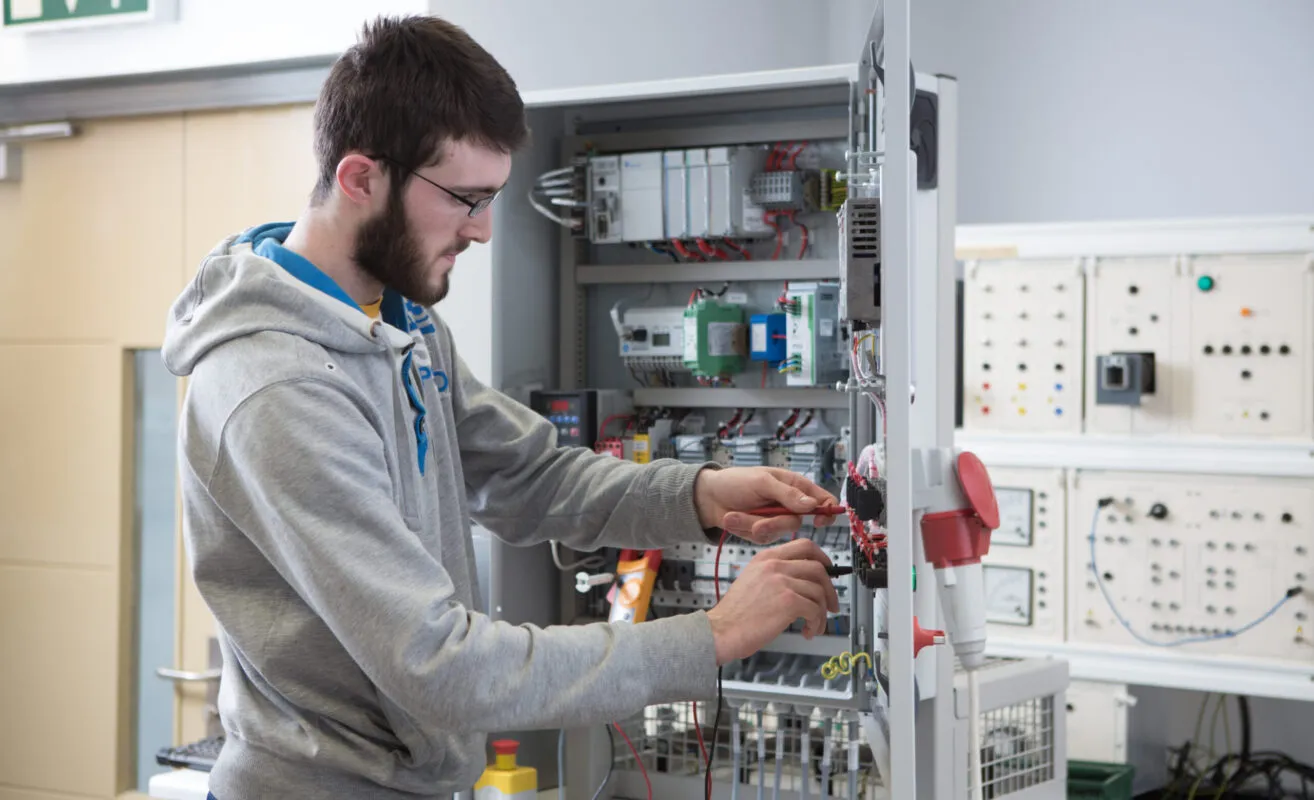Entry Requirements
Applications to the programme can only be submitted by registered Employers.
The programme is primarily designed for qualified electricians who meet the entry criteria below.
The entry qualification for the Apprenticeship can be demonstrated as follows:
- Holder of the Advanced Certificate (Level 6) in Craft (Electrical)
- Holder of the Advanced Certificate (Level 6) in Craft (Electrical/Instrumentation) or Craft (Refrigeration)
- Holder of the TUS Higher Certificate in Electrical Engineering (Level 6), or a cognate Level 6 Electrical Certificate, with relevant industrial electrical experience
- Registered Electrician with qualifications (National Craft Certificate / Senior Trades) other than in (a) or (b) above, can apply for access through the TUS recognition of prior learning process
- Candidates with other technical /electrical qualifications equivalent to the TUS Level 6 Certificate in Electrical Technology and relevant industrial electrical experience can apply for access through the TUS recognition of prior learning process


